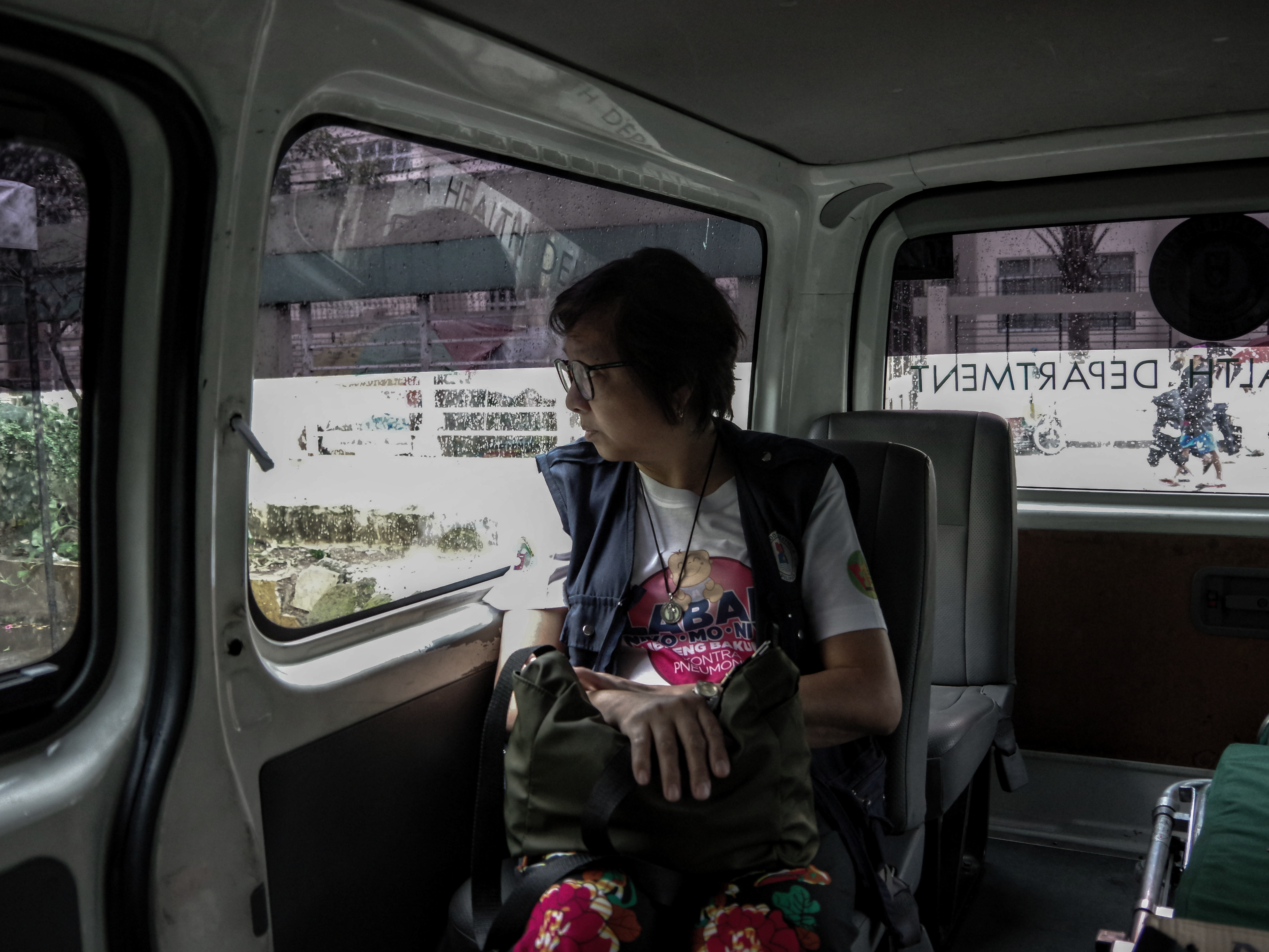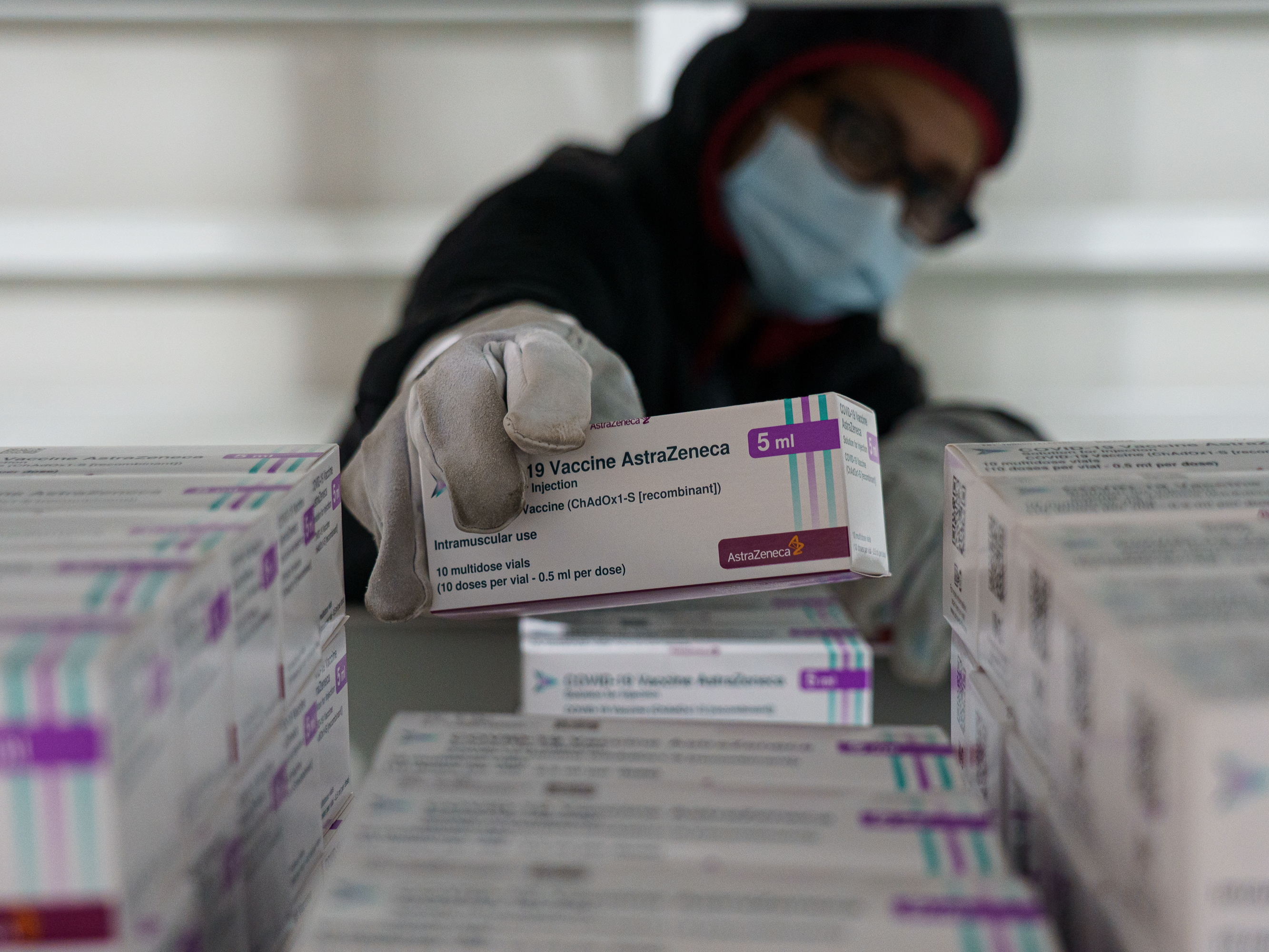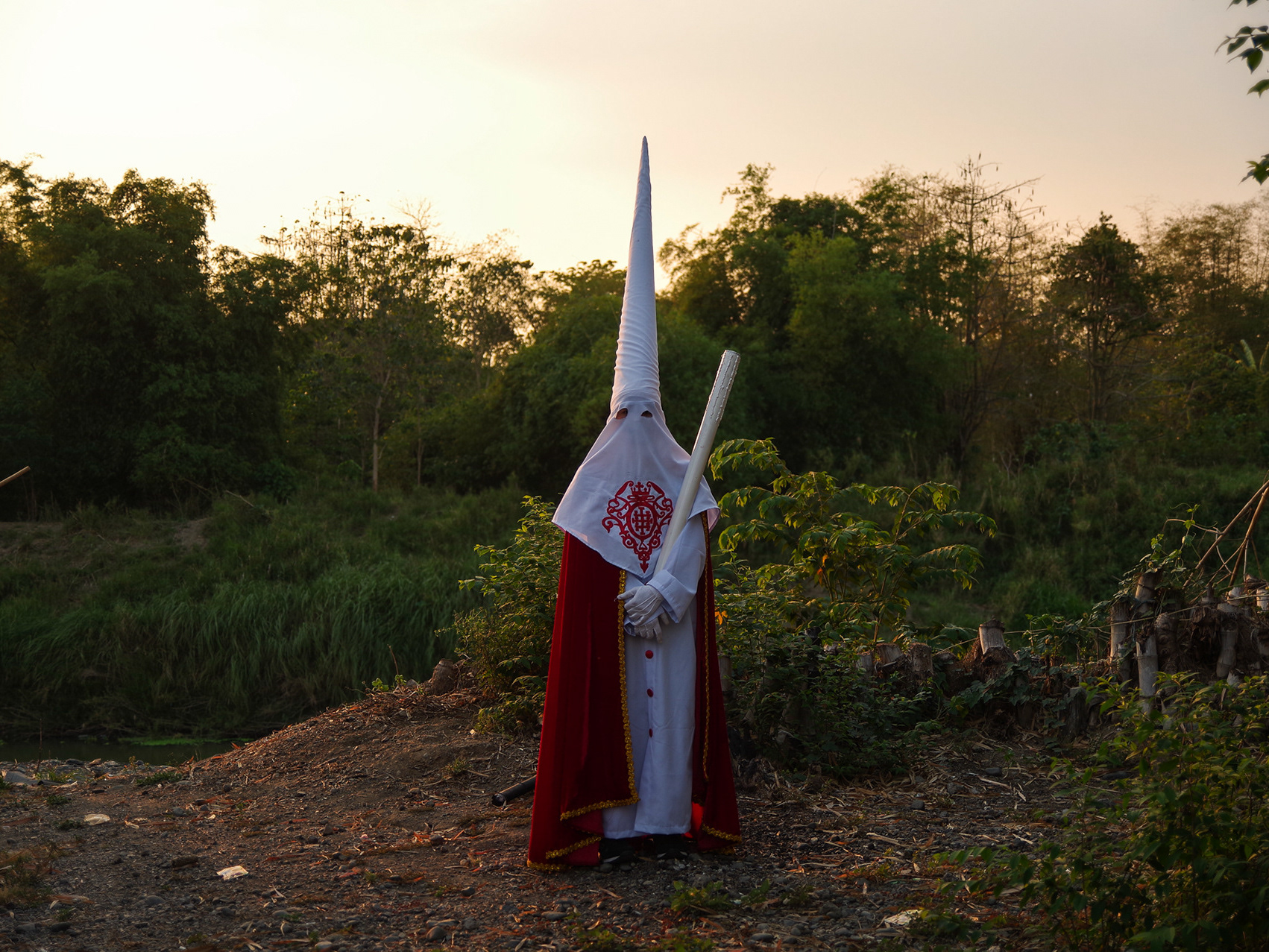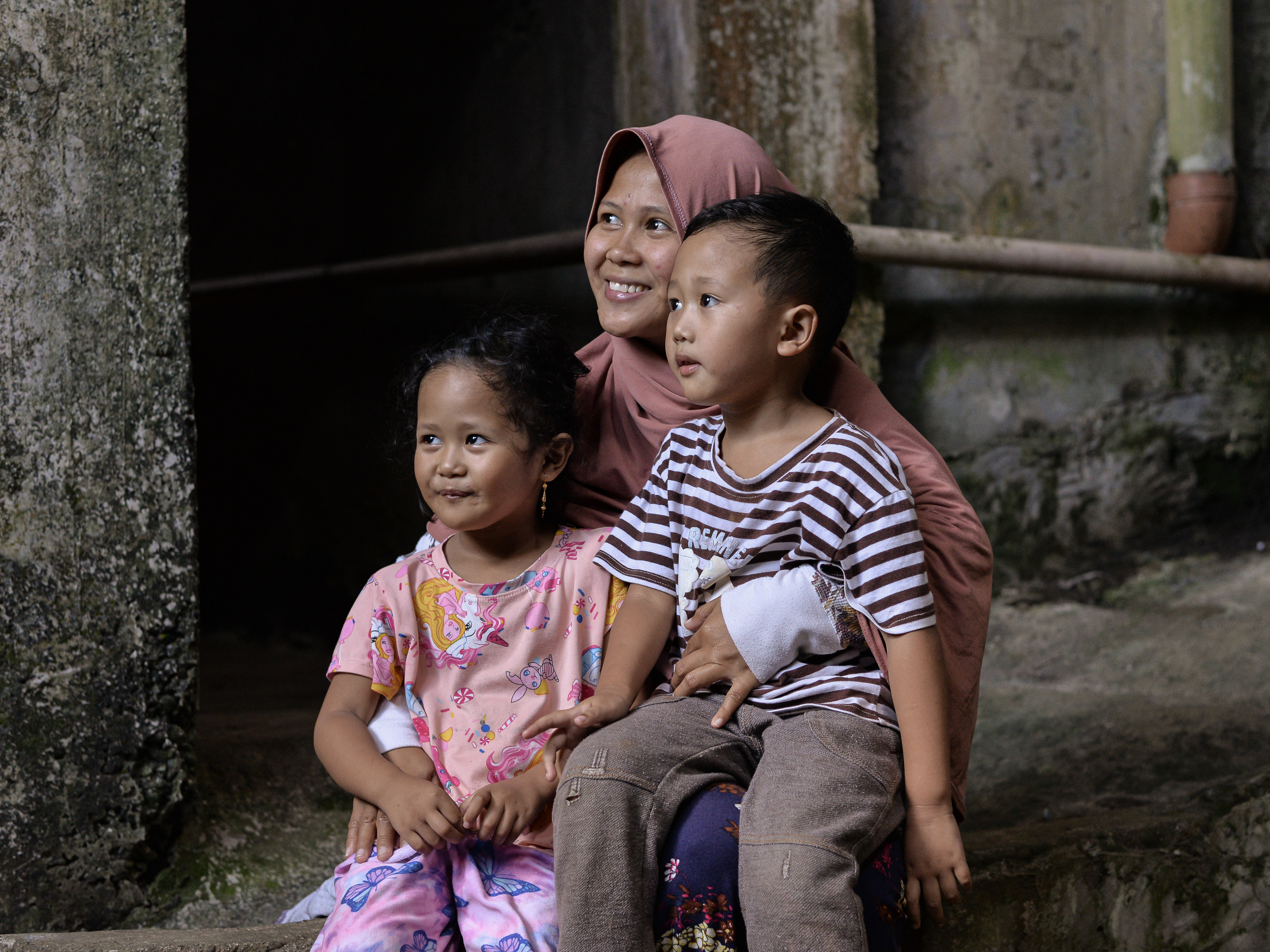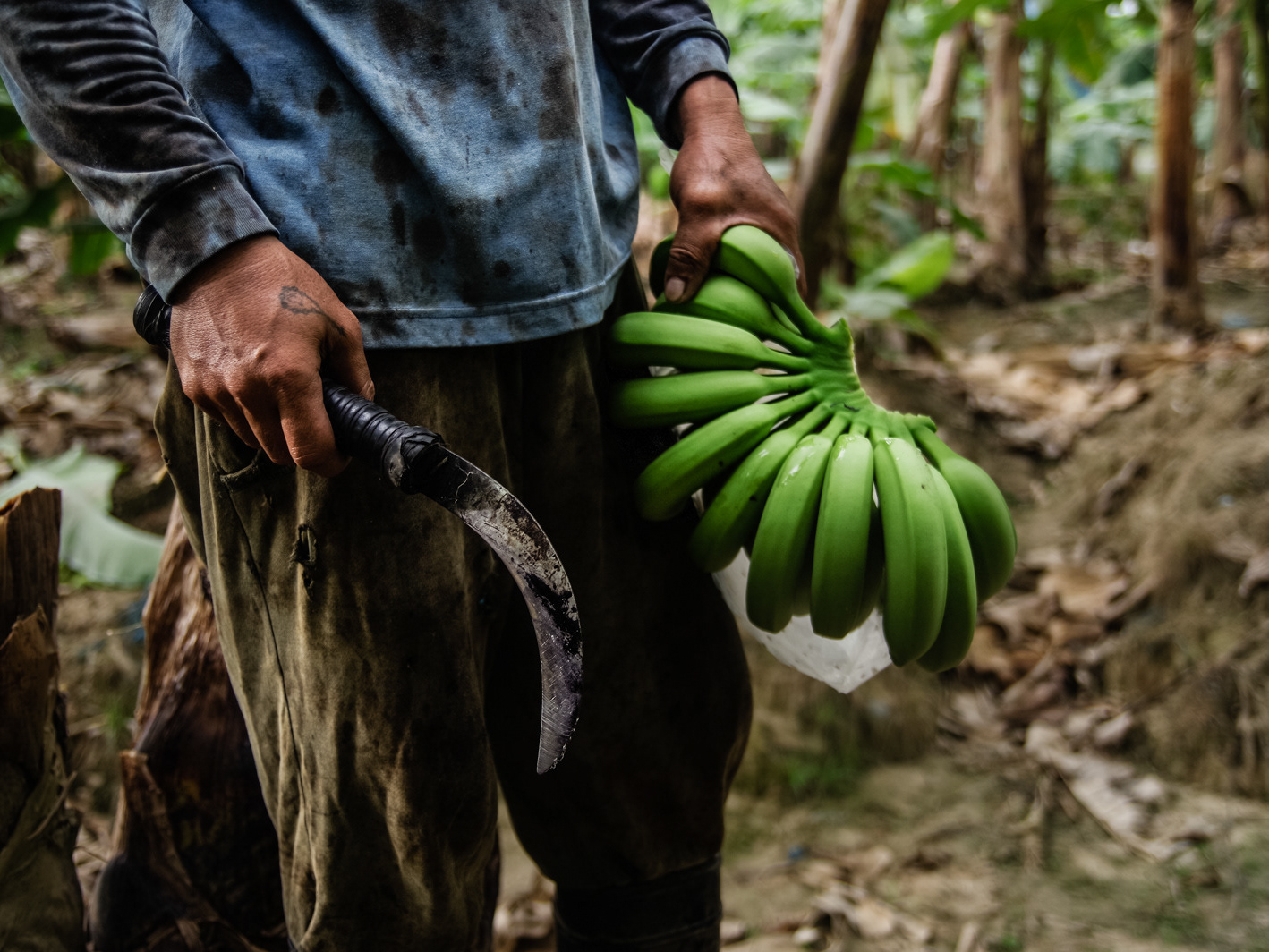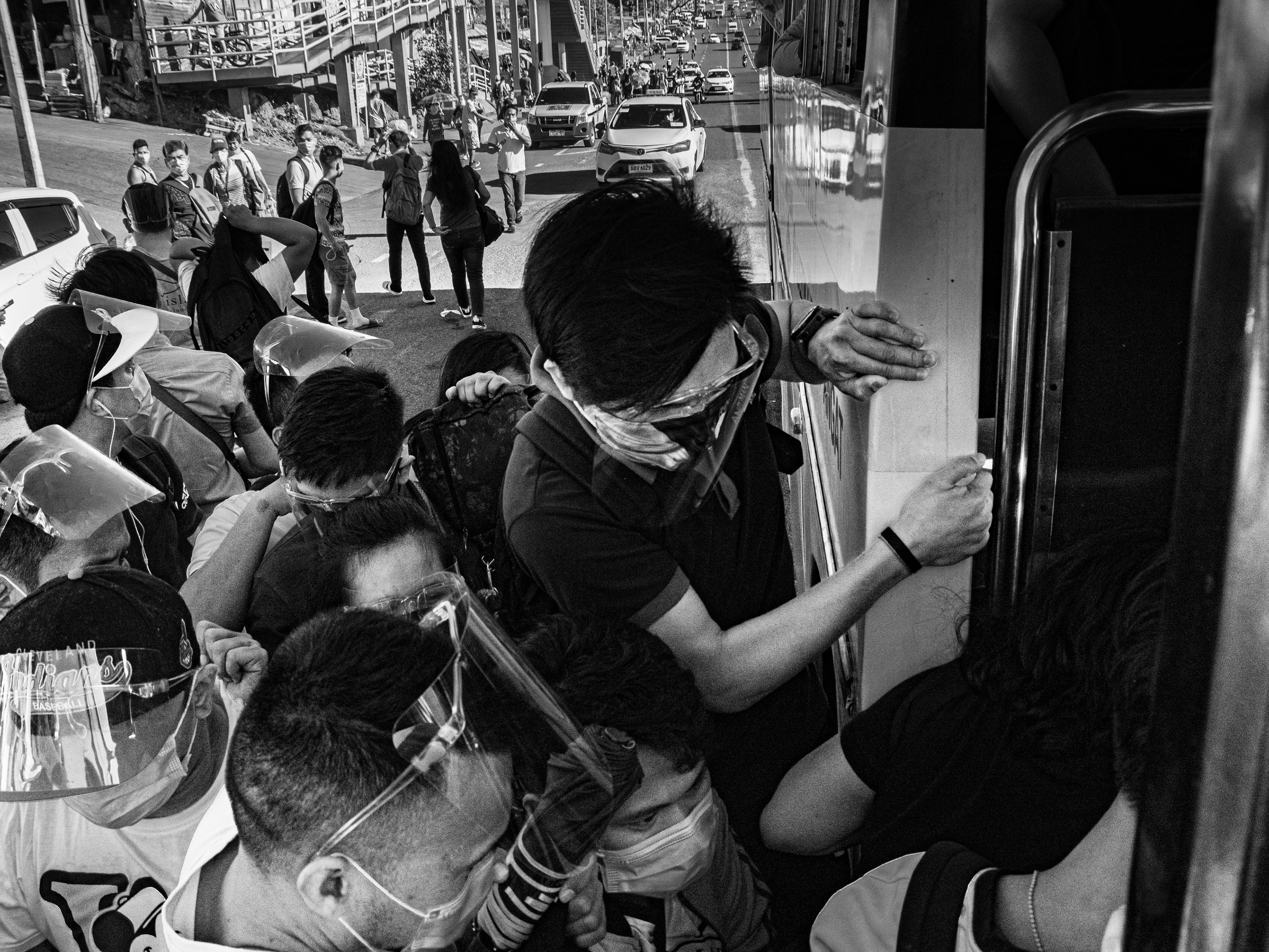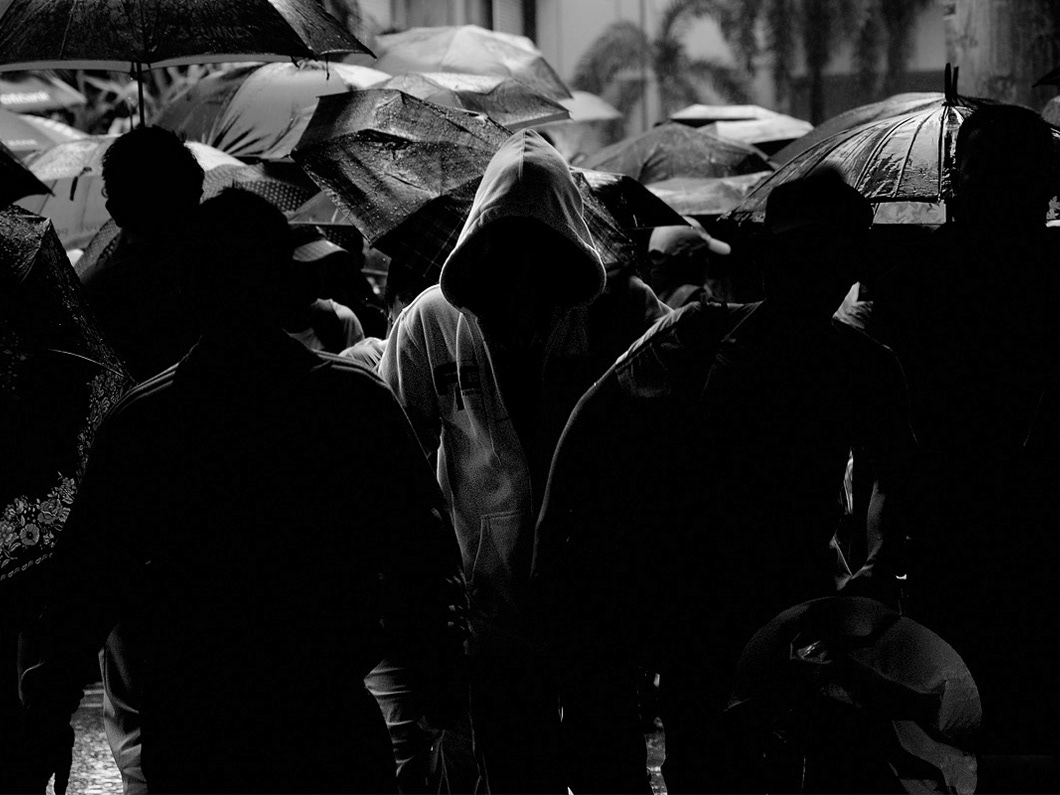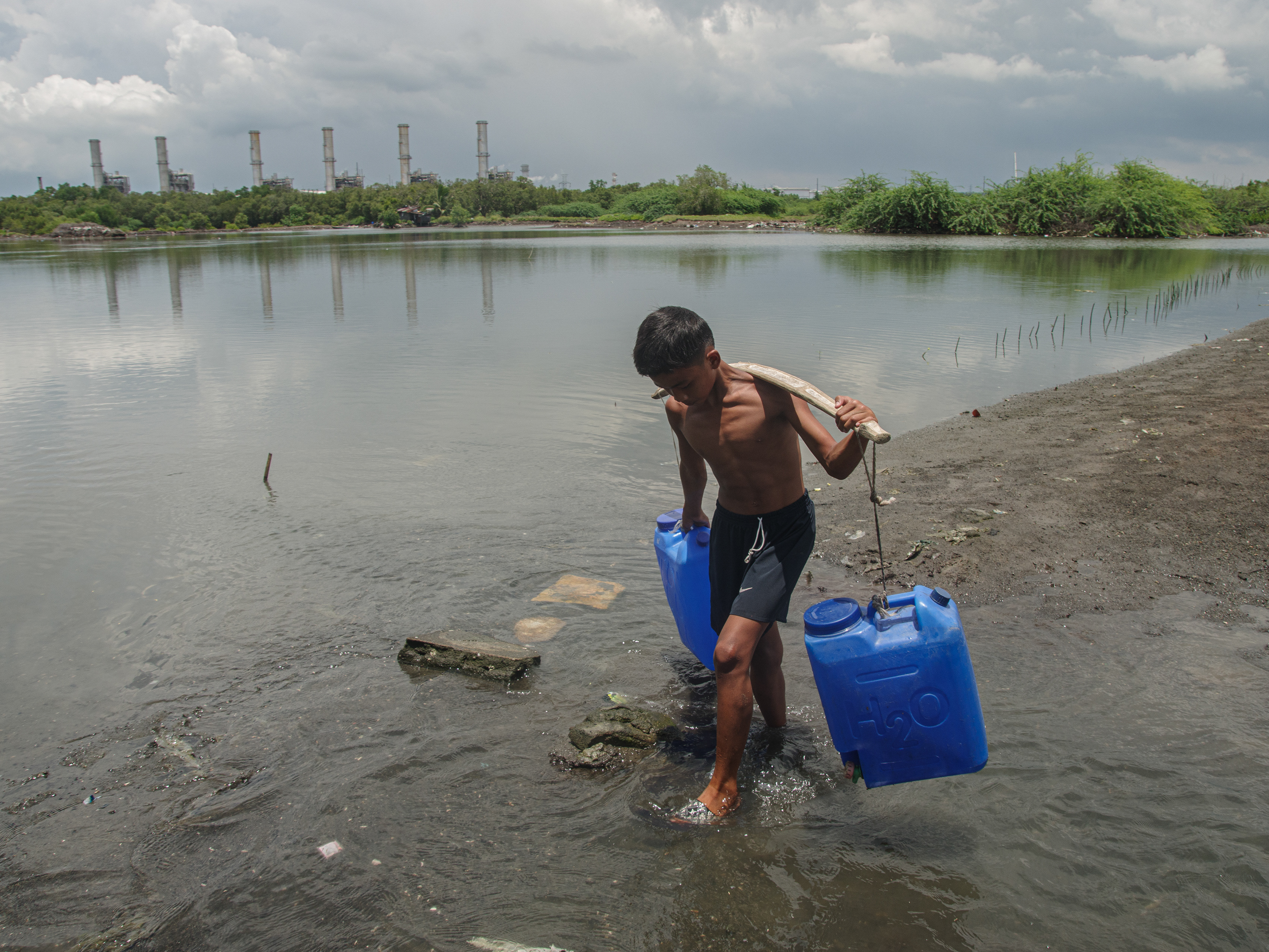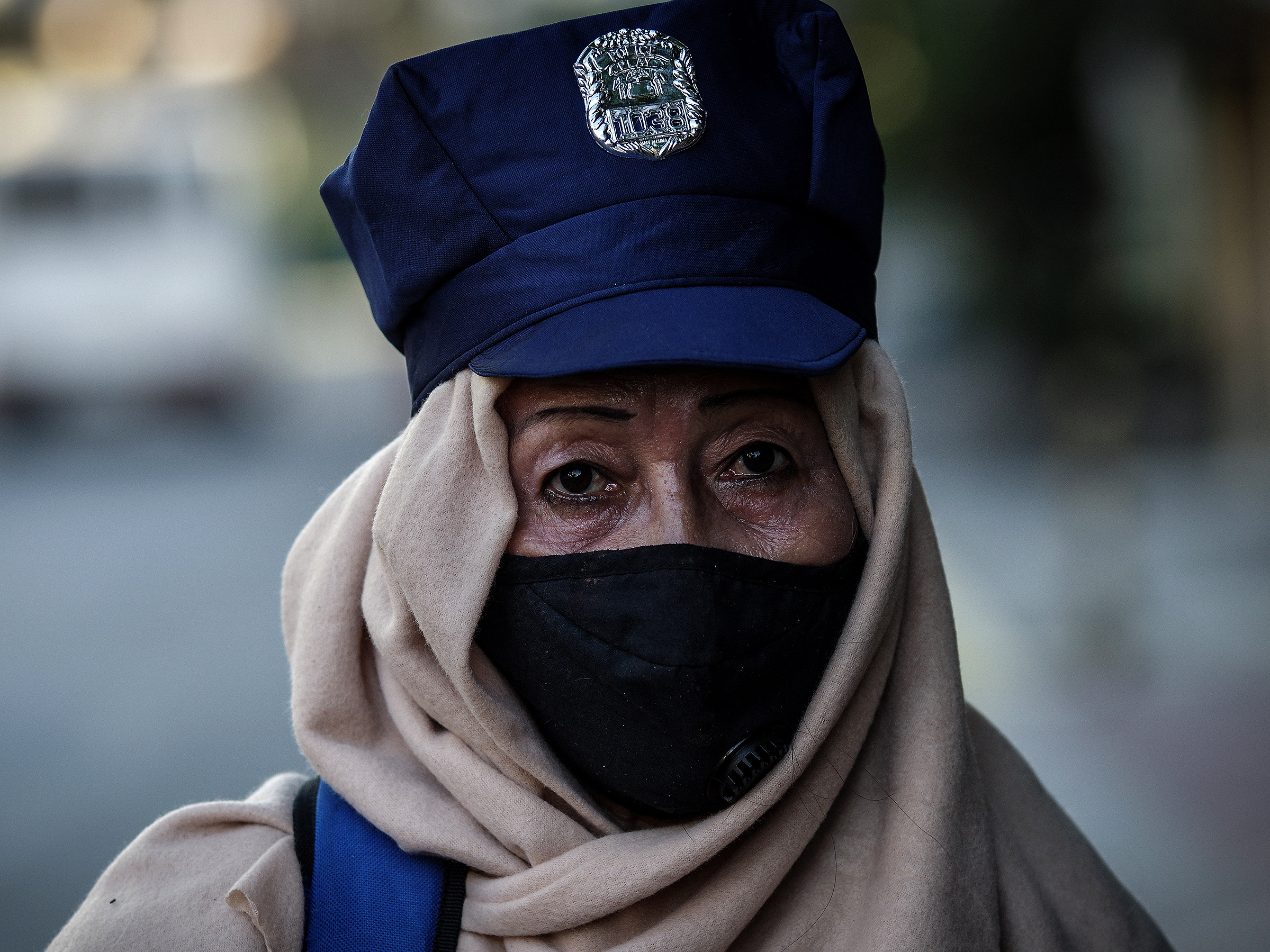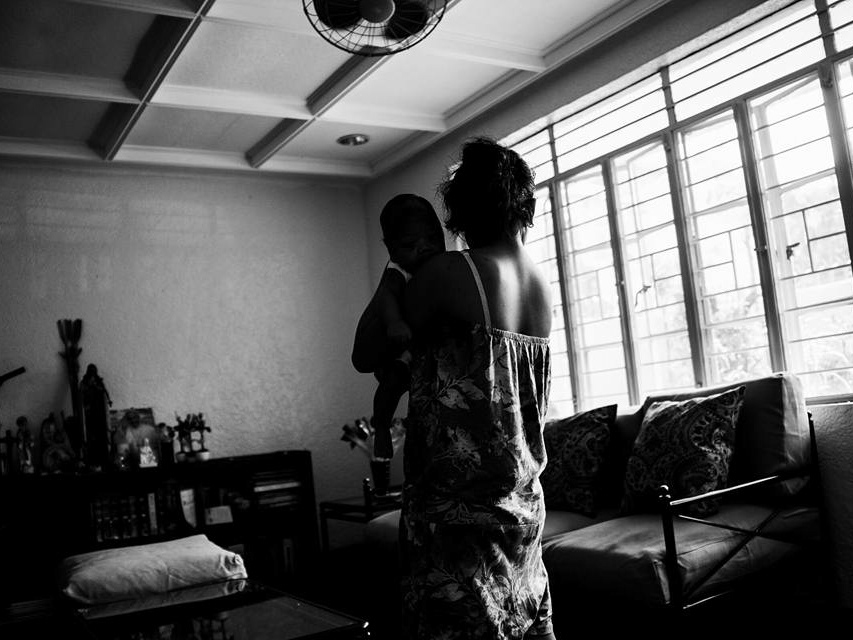In March 2021, Rey Bufi, the founder of Basa Bookstore, in partnership with Dr. Judith Enriquez, the founder of Sari-Sari Education established a Sari-Sari Community Learning Hub which helped facilitate storytelling and modular learning in the community.
The project is funded by Liverpool John Moores University in the United Kingdom, making Alapasco the first beneficiary of the initiative in the country.
The Sari-Sari Community Learning Hub is a bahay kubo-inspired learning space that provides storytelling activities and houses children's books and other learning materials. Originally, the hub's primary purpose was to give storytelling sessions through a public address system and to host other learning activities. It has since evolved to include delivering important announcements to the community and school lessons for the pupils.
"Sari-sari Education's goal is to help children share their own stories. We believe that introducing them to stories through storytelling will help them achieve this goal. Since we did the program during the pandemic, we thought of creative ideas to bring stories to the students without face-to-face interaction. We could not go online because there was no internet and mobile signal in the area. Also, setting up an antenna for a radio-based program would be futile because the mountainous terrain would block the broadcast in many areas,” said Bufi.
“Our barangay in Manila started using a public address system (trompa) for announcements during the pandemic. The first time I heard from a trompa, I dreamed of giving storytelling sessions through it to entertain kids and somehow make the quarantine situation feel lighter. Now, two other communities I serve (Laguna and Masbate) are using a trompa for the same purposes," Bufi added.
Basa Bookstore is a social enterprise that advocates reading by providing children’s books by local publishers, authors, and illustrators to remote communities and emerging cities all around the country.
Through the Sari-Sari Community Learning Hub, storytelling is done using a trompa. Several members of the community have volunteered to read stories and pupils at home could listen to them reading storybooks live from the hub.
The teachers of Alapasco Primary School came up with an innovative way in using equipment. They use the trompa to teach daily lessons. Through this, guided modular learning has been efficient as the pandemic continues to hinder in-person classes in the community.
“Naga-print modules ang mga kabataan, kis-a natak-an na sa mga modules, tamaran na sila magtuon. And here comes Sari-Sari Education nag-introduce ng mga storytelling, nagworkshop ng storywriting. So it is like light into the darkness ang Sari-Sari Education,” said Palmero.
(Pupils got tired of answering printed modules, then here comes Sari-Sari Education who introduced storytelling and story writing workshops. Sari-Sari Education is like our light in the darkness.)
Academic subjects such as English, Math, Science, Araling Panlipunan, and Filipino are discussed by teachers through the trompa. At the same time, pupils and their parents listen and answer modules at home. This platform of learning eventually became known as “TrompaAralan”.
Through TrompaAralan, sabay nag-aaral ang mga nanay at mga bata. Kahit nasa bundok sila, parang nag-aaral na rin sila,” said Balida.
(“Through the TrompaAralan, pupils including their parents are now able to study together. Even if parents are working in the fields, they are also learning for themselves.”)
According to Bufi, ”Sari-sari Education offers different ways of helping communities. It is not a one-size-fits-all program. Although it's grounded on getting communities to share their stories through storytelling, there are several ways to do it. And the community is always at the center of what we do.”
Making impact on education in Alapasco
According to Palmero, the TrompaAralan platform has also helped facilitate community learning through the school’s Values Restoration Program.
“Ang platform noon is you as the values restoration officer and then learner. Ang natabo sang ari na ang Sari-Sari Education, ang imo na nga mga audience is the whole community. So you are not just raising a value-laden learner but with a greater impact, a value-laden community.”
(Previously, the platform is you as a value restoration officer and the learner. When Sari-Sari Education came, your audience is now the whole community. So you are not just raising a value-laden learner but also a value-laden community.)
To this date, there are 7 trompa units installed high above trees scattered in all six 6 sitios of Alapasco. According to Balida, TrompaAralan has brought the school closer to every learner since both pupils and parents are now able to learn through the trompa.
“During the pandemic, we encouraged every school to innovate. And if I were to be asked, Sari-Sari Education's TrompaAralan is one of the best innovations,” said Art Convacar, DepEd Public Schools District supervisor in Batad.
According to Enriquez, Sari-Sari Education owes its name to sari-sari stores in the Philippines. These stores instantly become a communal place in the locality and this trait is what Sari-Sari Education learning hubs aim to have. Sari-Sari Education is an initiative that targets members of the community, especially the youth to identify, develop, and maximize their potentials and capabilities.
“Adapting the same familiar community infrastructure has the potential to be the point of access to literacy resources for all children of remote communities with various educational needs,” she added.
One of the future projects of Sari-Sari Education includes digital access to educational resources through a mobile app. This app will be available to the community and can be accessed via an intranet without the need for an internet connection.
Sari-sari Education will continue to provide designated spaces for reading books, storytelling, and teaching. It will also develop bespoke training for teachers and young people that appreciate and celebrate their grassroots resources, community assets, and life stories.

